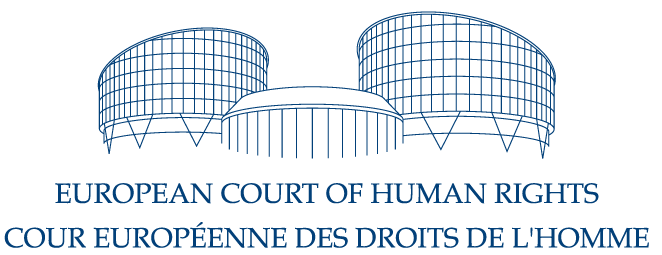The ruling refers to Godelieva de Troyer, a woman who had suffered from chronic depression for more than 20 years. When her psychiatrist expressed doubts that she met the condition for euthanasia, she approached another doctor who strongly advocates for “assisted dying” for this kind of non-physical reason, and received the lethal injection.
This happened without the lady’s son being informed and after she “donated” 2,500 euro to the organisation that authorised the injection.
The Court also ruled that the Belgium euthanasia law is not contrary to Article 2, while at the same time reiterating that there is no “right to die” in the Convention. This means that countries that are signatories to the Convention can legislate to allow for euthanasia and assisted suicide, if they wish, but they have no obligation.
Only one of the seven judges, in a partly dissenting opinion, overtly stated that euthanasia is against the Convention, saying: “the purpose of euthanasia is to end life, whereas the purpose of Article 2 is to preserve and protect it. I humbly submit, on the contrary, that any form of euthanasia…would not only lack a legal basis under the Convention, but would also be contrary to the right to life.”
Another judged criticised the Belgian legislation, noting that “In patients with mental illness, a loss of autonomy may occur: a tendency to isolation and suicide may also be observed. One of the rules to follow in psychiatry is precisely to avoid leaving such patients alone.”
This remark is particularly relevant to another Belgian case that has emerged this week. Shanti De Corte, a 23 year old woman who suffered from severe depression and post-traumatic stress disorder, was recently euthanised on purely psychological grounds.
Six years ago, Shanti De Corte was at Brussels airport when a terrorist attack claimed 32 lives, including some of her schoolmates, and injured more than 300. Following the accident, she experienced constant panic attacks and became suicidal.
She finally received the lethal injection in May this year for “unbearable psychiatric suffering”, but some doctors believe that she was not offered all the possible treatments and now prosecutors have began an investigation on this case.
Shanti De Corte was physically healthy. Her case is indicative of how weak the safeguards are in the Belgian legislation and how easily euthanasia is now offered as a “solution” for psychiatric issues.
Last month Pope Francis, travelling back from Kazakhstan, commented on the ethical decline of the West and mentioned euthanasia. “Killing is not human, period. If you kill with motivation, eventually you will kill more and more. Let’s leave killing to the beasts“, he said.
The cases of these two Belgian women prove the Pope’s words. Once we accept that killing is a solution to end suffering, no safeguard will restrain the temptation to offer the “lethal solution” to more and more people who suffer from mental health and need instead proper treatments.
















